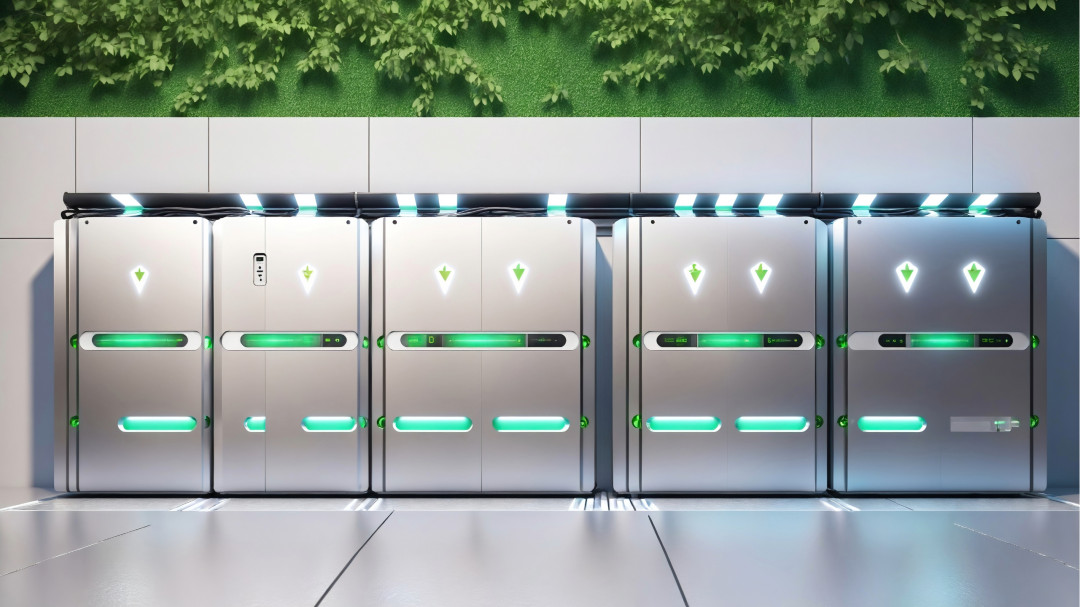
Professor Christian Hasse from the Department of Mechanical Engineering at TU Darmstadt has been awarded a prestigious Advanced Grant from the European Research Council (ERC). His research project ‘A-STEAM’ deals with research into aluminium as an energy source and will be funded with around 2.5 million euros over a period of five years.
The energy transition requires large quantities of renewable energy to be stored. In recent years, metals - especially iron - have increasingly been researched as carbon-free chemical energy storage media. The ‘A-STEAM’ project led by Professor Christian Hasse from the Simulation of Reactive Thermo-Fluid Systems department is dedicated to the metal aluminium as an alternative energy source.
Aluminium can store a particularly large amount of energy and is already used, for example, as a high-energy booster for the Ariane 5 launch vehicle. The high storage capacity can be used for a highly innovative process to decarbonise industry. Aluminium is oxidised, i.e. burned, with steam at high temperatures. This produces two high-quality products, high-temperature heat and hydrogen, which can be used to generate electricity or for syntheses in the chemical industry, for example.
The flexible, large-scale on-site production of hydrogen in particular addresses a previously unsolved problem of the future hydrogen economy - transport. This must take place either at very low temperatures (-253°C) or high pressures (>300bar) - a very energy-intensive process that leads to losses. With ‘A-STEAM’, hydrogen is not transported directly, but aluminium is used as an energy carrier and hydrogen is produced on site as required. Aluminium becomes an efficient ‘carrier’ of hydrogen, without the disadvantages of transport and with excellent properties for long-term storage.
‘I see the ERC Advanced Grant as a growth core for research into metals as energy carriers - a rapidly growing field in science with the first commercially available products, which, however, still have low overall efficiencies,’ says Professor Christian Hasse. By generating heat at high temperatures, thermodynamically higher efficiencies can be achieved.
The combustion of aluminium with steam under pressure is a multi-scale and multi-physics process and has so far been largely unexplored. This is the challenge of ‘A-STEAM’: all scales must be connected and investigated, i.e. the entire scientific chain from single particle combustion to turbulent flames with millions of aluminium particles. A combination of scientific methods is used for this: advanced modelling, high performance computing and tailor-made experiments. The core of A-STEAM are high-resolution simulations on high-performance computers (HPC) with advanced numerical methods. The majority of the simulations are carried out on the ‘Lichtenberg II’ high-performance computer at TU Darmstadt.
‘A-STEAM’ builds on research into iron as an energy source in the TU cluster project ‘Clean Circles’ of the Carbon Neutral Cycles (CNC) profile topic. Here, TU researchers are generally focussing on chemical energy storage systems such as hydrogen, ammonia or e-fuels for renewable energy. In recent years, pioneering research on iron as a highly innovative carbon-free energy source has been carried out at Clean Circles. The aluminium investigated in ‘A-STEAM’ has an even higher energy density than iron. Its high-temperature combustion with steam now supplies hydrogen as well as heat for the first time.

